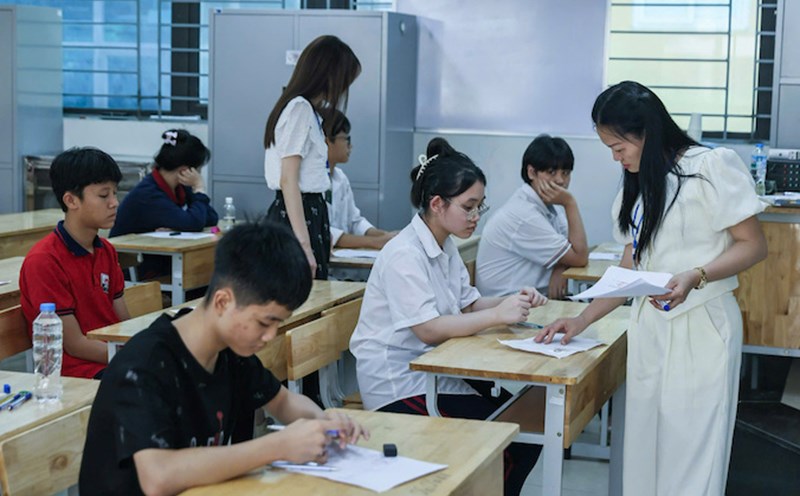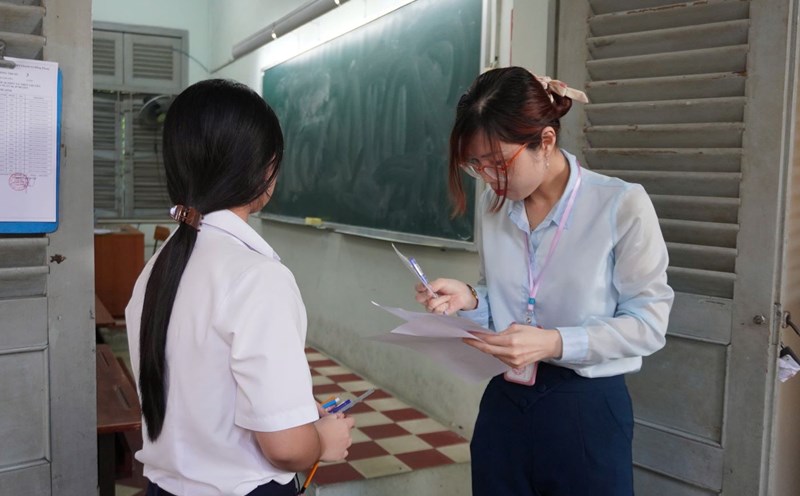This is a notable content in Official Dispatch 11 of the Steering Committee for the arrangement of administrative units at all levels and the development of a model of organizing local government at both levels of the Government on guiding the standards for the title of civil servants at the new commune level.
Accordingly, the standards on training qualifications are generally applied to civil servants in leadership, management and professional and technical positions as follows: Having a university professional degree or higher, basically suitable for the working field of the assigned job position or having practical experience related to the job position.
In case the commune-level cadres and civil servants are being sent by competent authorities to undergo university training to meet the requirements of the job position, they will be considered and assigned by the civil servant management agency to the newly approved job position at the commune level; at the same time, continue to participate in training until graduation in accordance with regulations.
For commune-level civil servants who are ethnic minorities or work in areas with particularly difficult socio-economic conditions and have not yet achieved a university degree, they need to consider their capacity, credit, and practical experience in arranging suitable jobs; at the same time, they must have their university degree standardized after 5 years from the establishment of a new commune-level administrative unit.
This content is also reflected in the Draft Decree on training and fostering civil servants, which the Ministry of Home Affairs is seeking opinions on.
In the spirit of innovation of the draft Law on Cadres and Civil Servants in 2025 and implementing the model of local government at 2 levels, civil servants when recruiting and arranging for job positions must meet the conditions for university training level or higher according to the requirements of the job position to be recruited.
At the same time, before the requirements of innovation, improving the quality of human resources, especially high -quality human resources in the public service system, the training of civil servants needs to have a strong innovation, create a legal corridor to train new majors in science and technology, innovate, change numbers to meet the task requirements in the new situation and the development of the country.
Therefore, the Ministry of Home Affairs proposes to train secondary school graduation certificates at university level for civil servants to develop high-quality human resources of agencies and units for majors in: Science, technology, innovation, digital skills, digital technology.
One of the principles of training and fostering civil servants is to base on leadership and management positions; professional and technical positions; associated with the use and management of civil servants in accordance with the training and fostering plan and the need to build and develop human resources, especially high-quality human resources of the agency or unit.
Commune-level civil servants studying at intermediate, college, and university level according to Decree No. 101/2017, if they are expected to be assigned by competent authorities to a job position suitable for their training level, will continue to enjoy the regime and policies for those sent for training until completing the training course according to regulations.
In case commune-level civil servants studying at intermediate, college, or university level according to regulations are decided by competent authorities to implement the policy according to Decree No. 178/2024 and Decree No. 67/2025, they will not continue to enjoy the training regime and policies according to the new regulations.








